Market Analysis
In-depth Analysis of Herbal Toothpaste Market Industry Landscape
The herbal toothpaste market is going through powerful changes driven by a developing purchaser tendency towards normal and all-encompassing oral consideration arrangements. These market elements are set apart by a mix of variables, including an uplifted awareness of oral health, the shift towards practical and eco-accommodating products, and the rising demand for herbal ingredients known for their restorative properties. One of the essential drivers molding the herbal toothpaste market is the rising awareness among shoppers in regards to the likely advantages of herbal and regular ingredients in oral consideration. As people become more aware of the expected downsides of manufactured synthetic substances and fake added substances in customary toothpaste, there is a rising demand for options that offer gentler and normally determined arrangements. Herbal toothpaste, frequently formed with ingredients, for example, neem, aloe vera, and tea tree oil, takes special care of this demand for a more regular way to deal with oral cleanliness. The market elements are intently attached to the emphasis on all-encompassing health and wellness. Purchasers are perceiving the interconnectedness of oral health with overall well-being, prompting a change in inclinations towards oral consideration products that add to a healthy way of life. Herbal toothpaste, with its emphasis on regular antibacterial and mitigating properties, lines up with this comprehensive methodology and positions itself as a preventive measure against oral issues. Social impacts and conventional cures additionally add to the elements of the herbal toothpaste market. Herbal ingredients utilized in oral consideration have well established chronicles in customary medication rehearses across different societies. The market recognizes and consolidates these social impacts, offering herbal toothpaste details that resound with different social inclinations and oral consideration customs. The effect of advanced marketing and web-based business on market elements is eminent. Brands influence online stages to impart the advantages of herbal toothpaste, share data about herbal ingredients, and draw in with shoppers straightforwardly. The openness of item refinements, client surveys, and instructive substance on computerized stages impacts customer choices, molding the market elements and assisting brands with laying out major areas of strength.


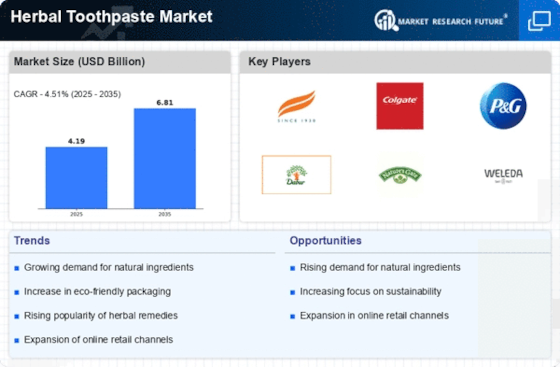
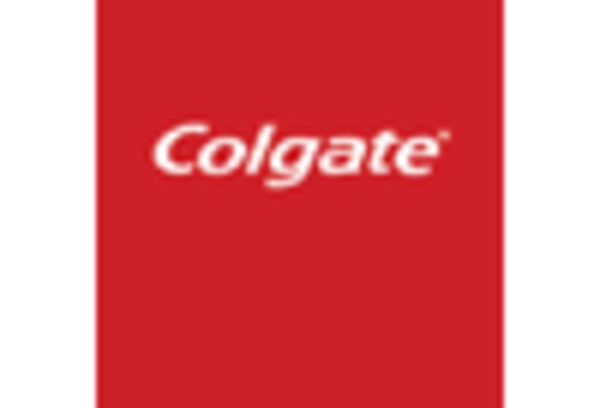
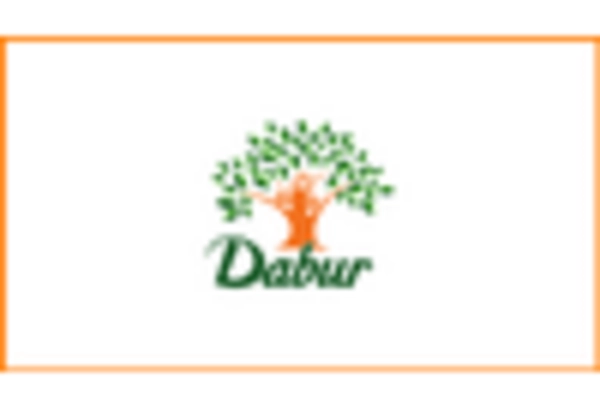
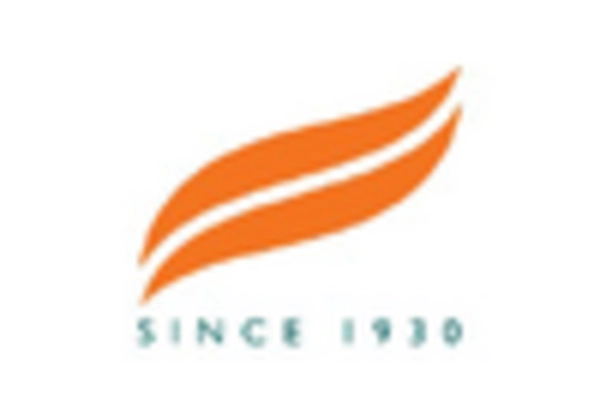
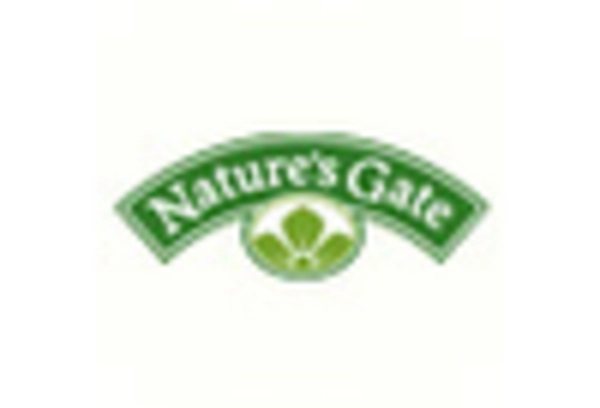

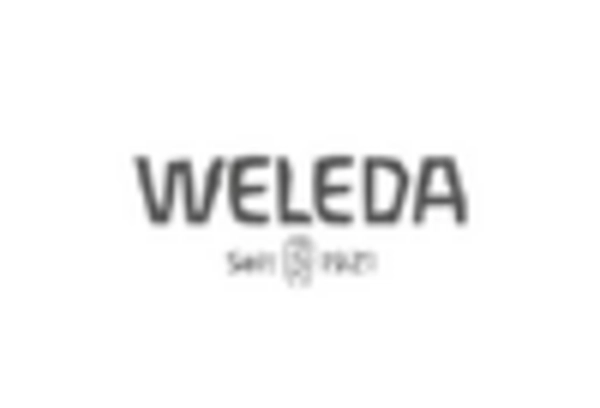









Leave a Comment